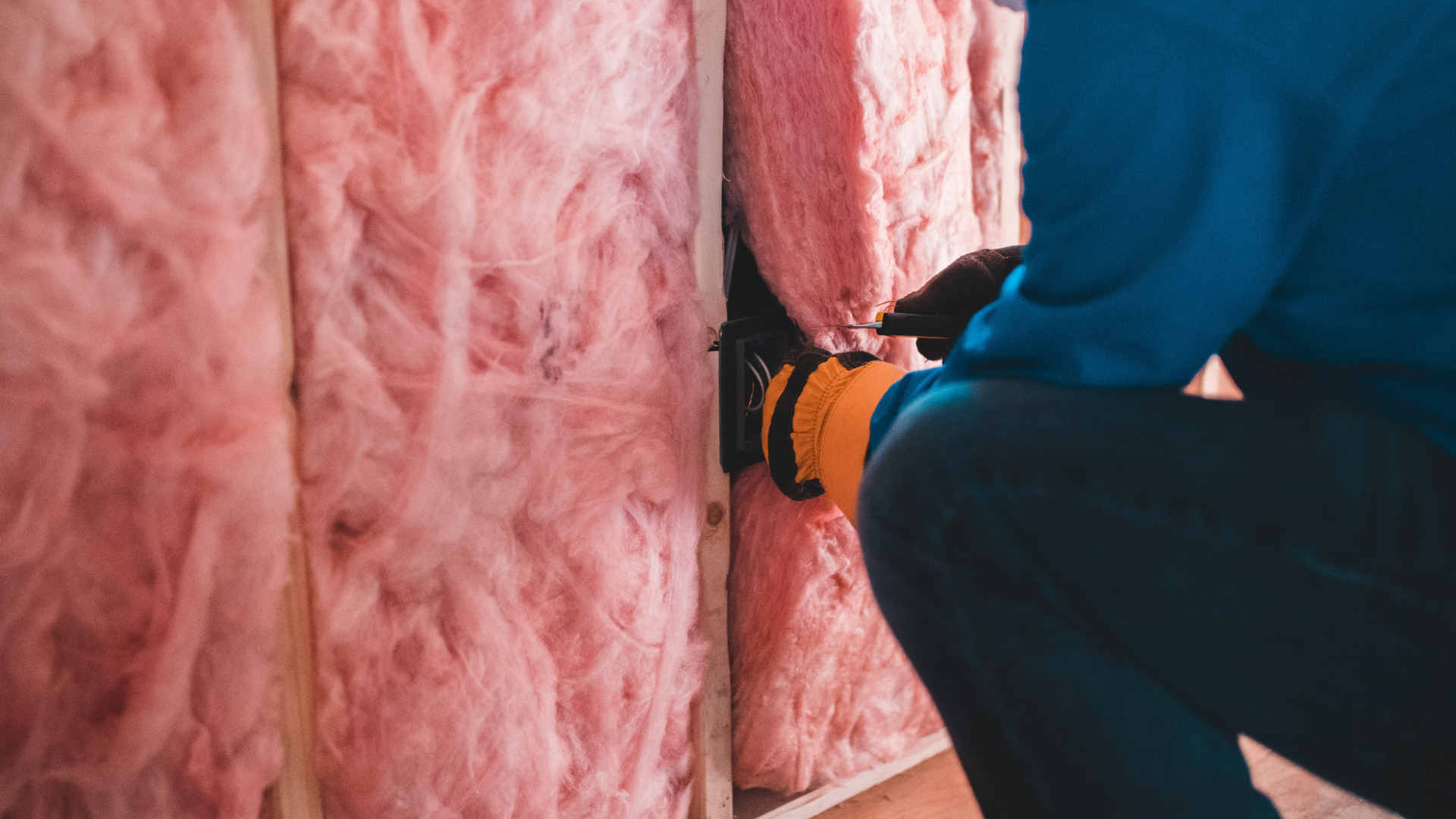Soaring energy bills will hit those living in poorly insulated homes the worst, according to new research highlighting the true cost of the government’s inaction towards insulating Britains’ homes and the worsening cost of living crisis.
Families living in homes with an energy efficiency rating E or worse will face annual heating bills at least £320 higher than those living in C-rated homes from April, according to new research from the Resolution Foundation.
While homes with poor insulation have always been more expensive to heat, the scale of the difference is laid bare in the findings.
Four million homes have an E insulation rating, while 1.5 million families live in homes with an even worse rating of F, and will face a surcharge of £390.
The government’s green homes target will require landlords to insulate privately rented properties to a C-rating by 2028, but there is no plan for the two-thirds of households who are homeowners.
In April, the energy price cap is expected to rise by around £700 at the same time as new taxes are levied and inflation is driving up the costs of everyday goods.










